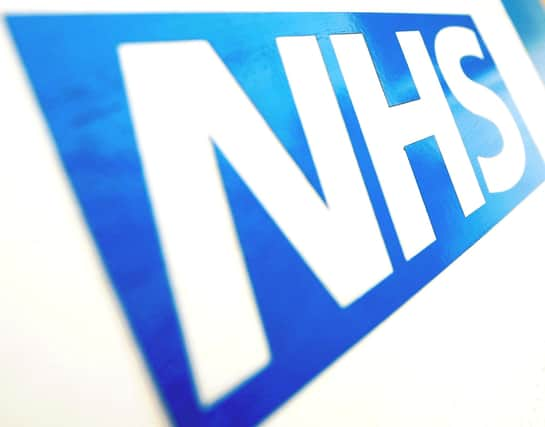University College London Hospitals Trust receives fewer complaints during pandemic


Fewer complaints were made to University College London Hospitals Trust last year, figures reveal.
The Parliamentary and Health Service Ombudsman said patients recognising the pressure on health services during the Covid-19 crisis has likely been a major factor in a fall in NHS complaints across England.
Advertisement
Hide AdAdvertisement
Hide AdNHS England figures show University College London Hospitals NHS Foundation Trust received 676 written complaints in 2020-21.
This was down from 1,080 the year before, and fewer than the 900 received in 2018-19.
Complaints were most often about patients aged between 26 and 55 – 342 were lodged last year, accounting for 51% of all those where an age was known.
There were also 16 complaints about infants younger than five.
Advertisement
Hide AdAdvertisement
Hide AdHospital and community health services across England received 83,899 complaints in 2020-21 – a decrease of 26% from 2019-20.
However, NHS England announced an optional pause to the complaints process between March and June 2020 which may have affected the number received.
Rob Behrens, the Parliamentary and Health Service Ombudsman responsible for investigating complaints about government departments and the NHS in England, said it is hard to know exactly why the numbers have dropped, but the pandemic has likely been a "major factor".
He added: "People recognise the NHS is under pressure and might be holding back, but ultimately, I encourage anyone who believes they have suffered an injustice to come forward.
Advertisement
Hide AdAdvertisement
Hide Ad"I fear the NHS will face a tidal wave of complaints that will take years to go through, while others maybe denying themselves justice by not coming forward."
Communications – such as how decisions are explained or whether treatment implications are made clear enough – was the most common reason for complaint nationally, and the same was true at University College London Hospitals Trust.
The issue was responsible for 140 written complaints last year – 26% of all those where a subject area was listed.
This was followed by values and behaviours (17%), and appointments (14%).
Advertisement
Hide AdAdvertisement
Hide AdHealthwatch England said the fall in the number of complaints nationally is not a reflection of patient satisfaction, as patients were accessing care less often to avoid putting pressure on the NHS.
Louise Ansari, national director at the independent watchdog, said: "In the past year we have recorded a significant surge in public concerns around the lack of communication from the NHS.
"Thousands of the most vulnerable patients, including people who are deaf, blind and have a learning disability told us they stopped getting communication support or healthcare information in the formats they had been before the pandemic.
"The Department of Health and Social Care and NHS England should focus on creating a culture of learning from people’s feedback across the health and care sector.
Advertisement
Hide AdAdvertisement
Hide Ad"This is the best way to prevent issues from reoccurring while showing people that their complaints matter."
The DHSC said it is committed to ensuring the NHS listens to, learns from, and acts on complaints and feedback to improve services.
A spokeswoman added: “The vast majority of people who stayed in hospital in 2020 were satisfied with the care they received thanks to the hard work and dedication of our NHS staff.”